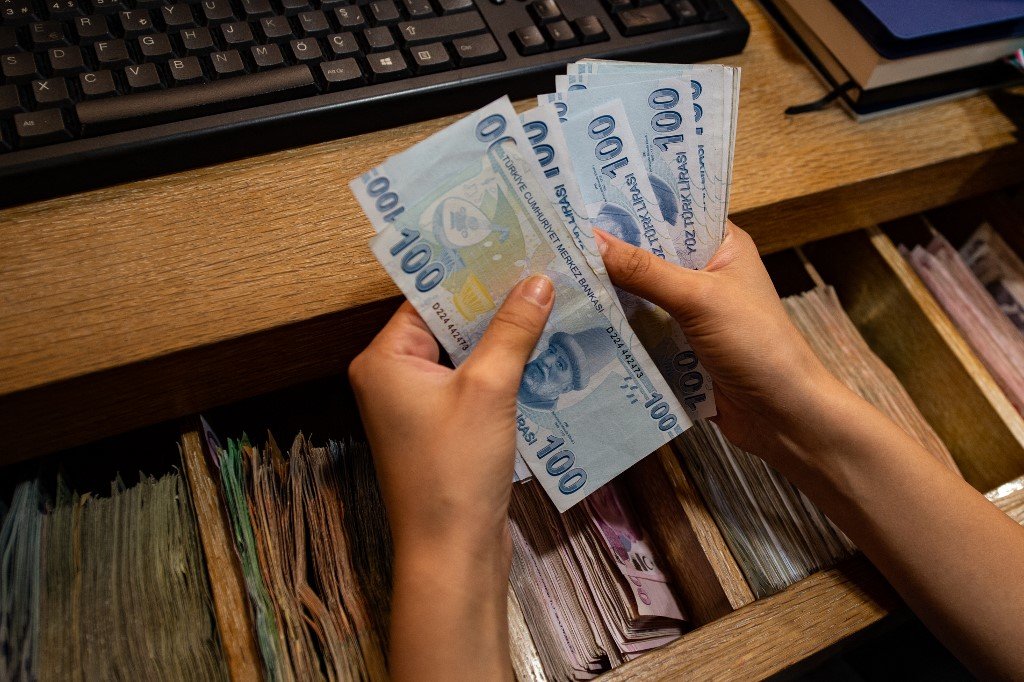The Financial Times reported on Wednesday that Turkey is likely to be ‘grey listed’ by a global financial watchdog this week for its failure to combat money laundering and terrorist financing.
The Financial Action Task Force (FATF) will probably take the decision at a meeting in Paris on Thursday, the FT said, citing two unidentified western officials.
The move risks hurting Turkey’s ability to attract foreign capital to its economy during a slump in the value of the lira, which has hit successive record lows this month, leaving it 20 percent weaker this year. The currency has lost almost 50 percent of its value since a currency crisis in August 2018 prompted an exodus of foreign money.
An FATF review has already recommended that Turkey be put under special monitoring – a process known as ‘grey listing’, the officials said. The country would join 22 other states including South Sudan, Yemen, Albania, Syria and Morocco, the newspaper said.
One of the officials said the 39-member plenary session was “very likely” to endorse the measure. The other said approval was a mere formality.
“Disappointing, but will just make already tricky situation that much more difficult,” Tim Ash, a senior emerging markets strategist at BlueBay Asset Management in London, said in comments on Twitter in response to the FT report.
The decision will put more pressure on the European Union to add Turkey to its money-laundering list, the FT said.
FATF grey listing has a “large, significant negative effect” on capital flows to a country, according to an IMF study published in May.
The IMF found that the magnitude of the negative effect was large, on average 7.6 percent of GDP.
“A sudden loss of capital inflows after grey-listing could lead to loss of external reserves, and for vulnerable countries, it could mean a balance of payments crisis and demand for an IMF program,” the fund said in the study’s conclusions.
Since the currency crisis, Turkey’s foreign currency reserves, net of liabilities, have sunk into negative territory. The country completed a $10 billion IMF loan programme in May 2008. Its current account posted a deficit of 5.1 percent of GDP last year.
(Except for the headline, this story has not been edited by The Finance World staff and is published from a syndicated feed.)

